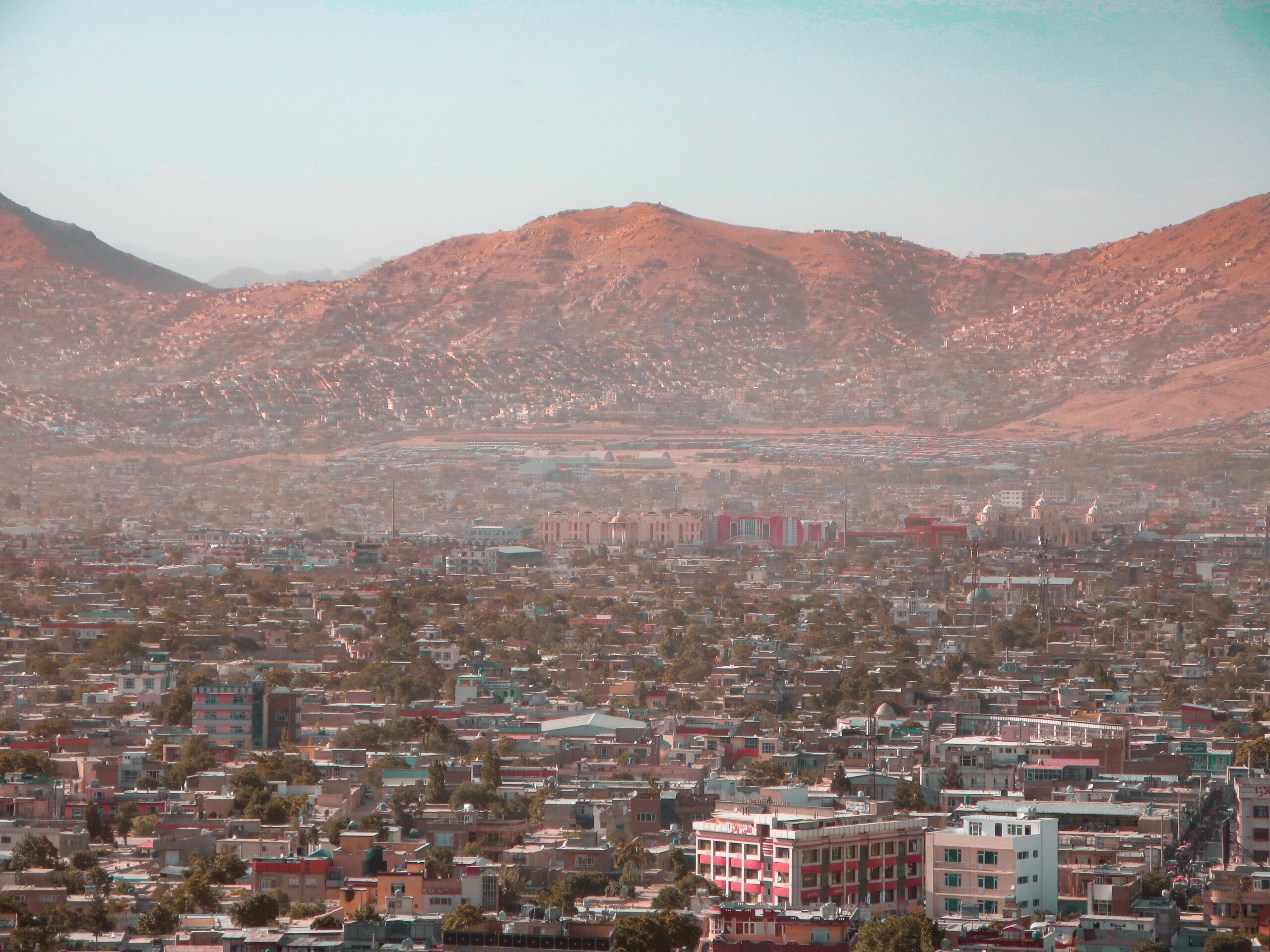
Kazakhstan removes Taliban from list of prohibited groups
Kazakhstan has removed the Taliban, the militant Islamic movement that seized power in Afghanistan in 2021, from its list of banned organizations, the Foreign Ministry said on Wednesday.
The move, which was announced by the ministry’s spokesperson, Aybek Smadiyarov, was in accordance with the resolutions of the United Nations Security Council, which has not classified the Taliban as a terrorist organization.
“The decision to remove the Taliban from our list of prohibited organizations is in strict accordance with the resolutions laid down by the UN Security Council,” Mr. Smadiyarov said in an interview with the state news agency Kazinform.
Kazakhstan, a former Soviet republic and a close ally of Russia, had designated the Taliban as a terrorist organization in 2005, along with several other groups such as Al Qaeda, the Islamic Movement of Uzbekistan and the Kurdish People’s Congress.
The decision to reverse the ban came as Kazakhstan has been cultivating economic ties with the Taliban-led government in Afghanistan since the group took over the country following the withdrawal of U.S. forces in August 2021.
Kazakhstan, which shares a border with Afghanistan, has engaged in intensive dialogue with the self-styled Islamic Emirate of Afghanistan, and hosted a business forum in April that resulted in commercial agreements worth around $200 million.
Kazakh agriculture producers have found Afghanistan a promising market, given the pressure they have faced amid intense competition from their Russian peers. Annual trade between Kazakhstan and Afghanistan has risen close to $1 billion since the Taliban’s ascension.
The decision to remove the Taliban from the list of banned organizations was somewhat unexpected, though. In July, Deputy Foreign Minister Kanat Tumysh said that the option of removing the organization from the list was not on the agenda.
He noted at the time that the Taliban was not formally deemed a proscribed organization by the United States and other major Western nations, which enabled them to sustain some form of diplomatic dialogue with the group.
Dosym Satpayev, head of the Risk Assessment Group, a think tank, argued that this ambiguity was designed to allow the United States to negotiate with the Taliban, which has been ongoing since 2018 in Qatar.
“For Kazakhstan to continue engaging with Afghanistan, excluding Taliban from a list of undesirable organizations was imperative,” he wrote in an article for the Forbes.kz website.
Kazakhstan’s move contrasted with that of Russia, which has said it will not remove the Taliban from its list of banned groups. Zamir Kabulov, Russia’s special envoy for Afghanistan, said on Thursday that the Taliban had not changed, and that Russia was not negotiating the removal of the group from the list.
Russia, which fought a decade-long war in Afghanistan in the 1980s, has been wary of the security implications of the Taliban’s takeover, and has maintained contacts with other Afghan factions, such as the Northern Alliance.
Kazakhstan’s decision also raised questions about its human rights commitments, as the Taliban has been accused of committing atrocities and violating the rights of women and minorities in Afghanistan.
The United Nations has reported that the Taliban has carried out summary executions, enforced disappearances, arbitrary detentions and restrictions on freedom of expression and movement in the country.
The Taliban has also imposed a strict interpretation of Islamic law, banning women from working in most sectors, attending secondary schools and universities, and participating in public life.
Kazakhstan, which is a member of the UN Human Rights Council, has pledged to uphold the principles of human rights and democracy in its foreign policy.
However, the country has also faced criticism for its own human rights record, especially after a violent crackdown on anti-government protests in November 2021, which resulted in dozens of deaths and hundreds of arrests.
The protests, which were sparked by a sudden increase in fuel prices, were the largest in Kazakhstan’s history, and exposed the discontent and frustration of many Kazakhs with the authoritarian rule of President Kassym-Jomart Tokayev and his predecessor, Nursultan Nazarbayev.
The government, which blamed the unrest on foreign-backed extremists and terrorists, declared a state of emergency, deployed the military and blocked the internet and social media.
The government also sought the assistance of a regional security bloc led by Russia, which sent thousands of troops and police officers to help restore order.
The intervention of the Russian-led Collective Security Treaty Organization, or C.S.T.O., was seen by some analysts as a sign of Kazakhstan’s dependence on Moscow, and a setback for its sovereignty and independence.
The government has since lifted the state of emergency, released some of the detainees and promised to address the social and economic grievances of the people.
However, it has also continued to prosecute and silence its critics and opponents, and tightened its control over the media and civil society.
The removal of the Taliban from the list of banned organizations may be another indication of Kazakhstan’s willingness to compromise its values and principles for the sake of its interests and stability, both at home and abroad.

